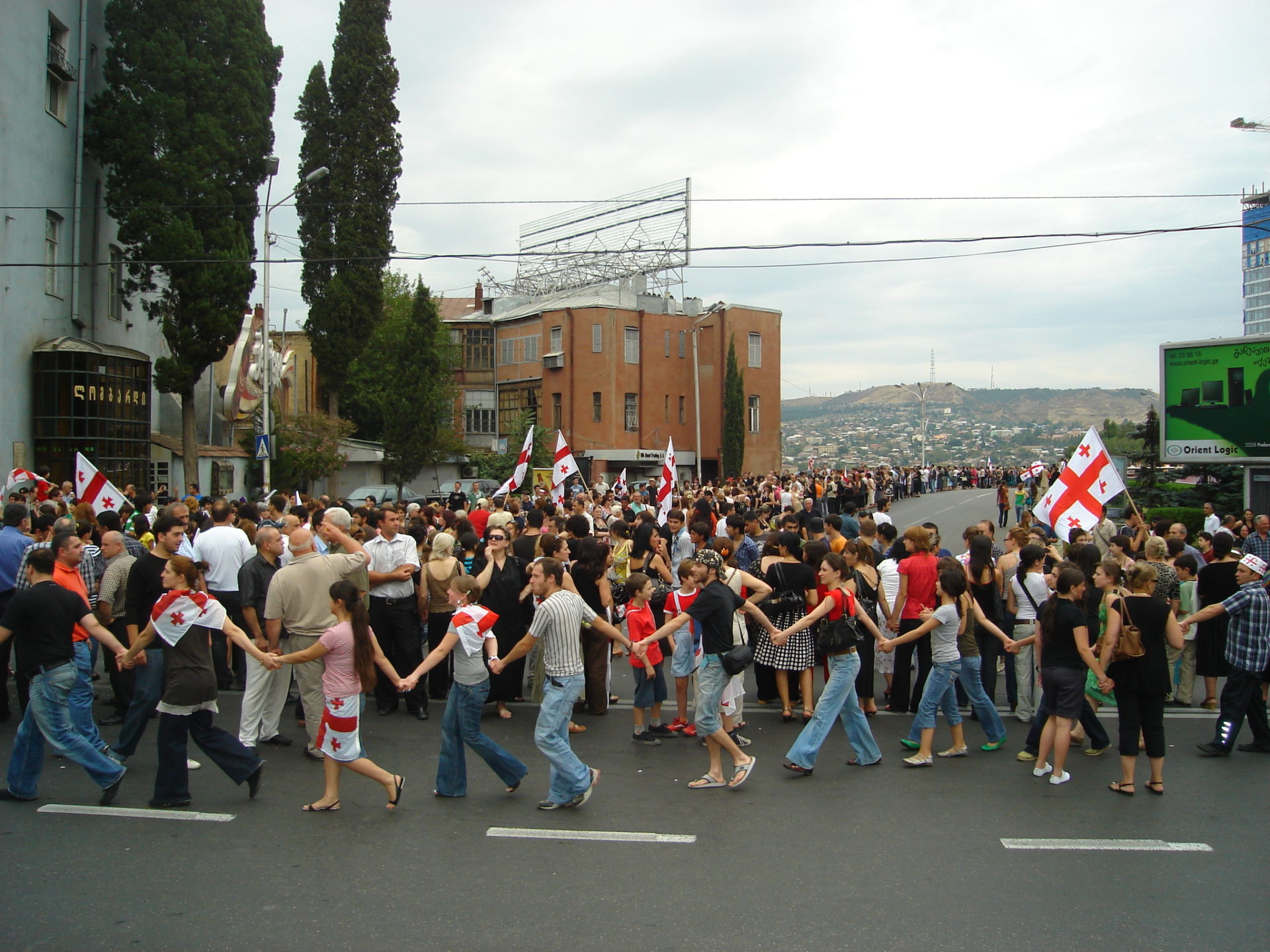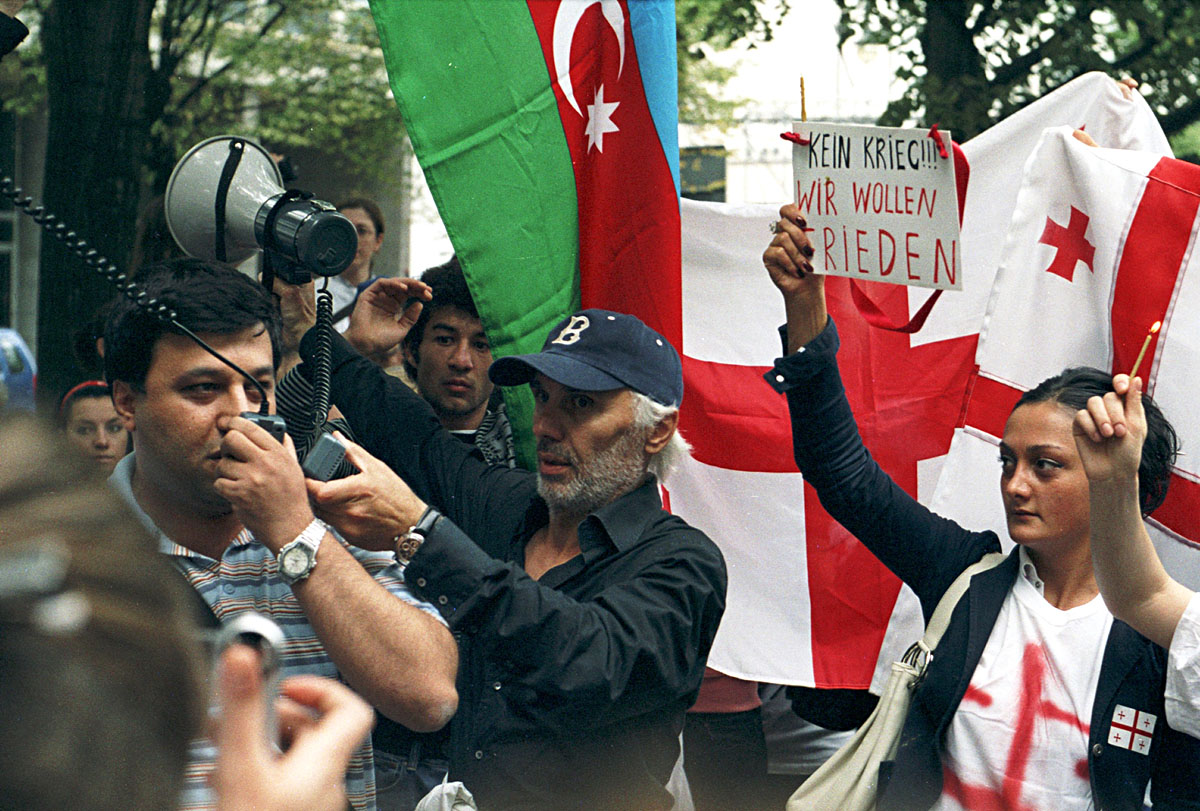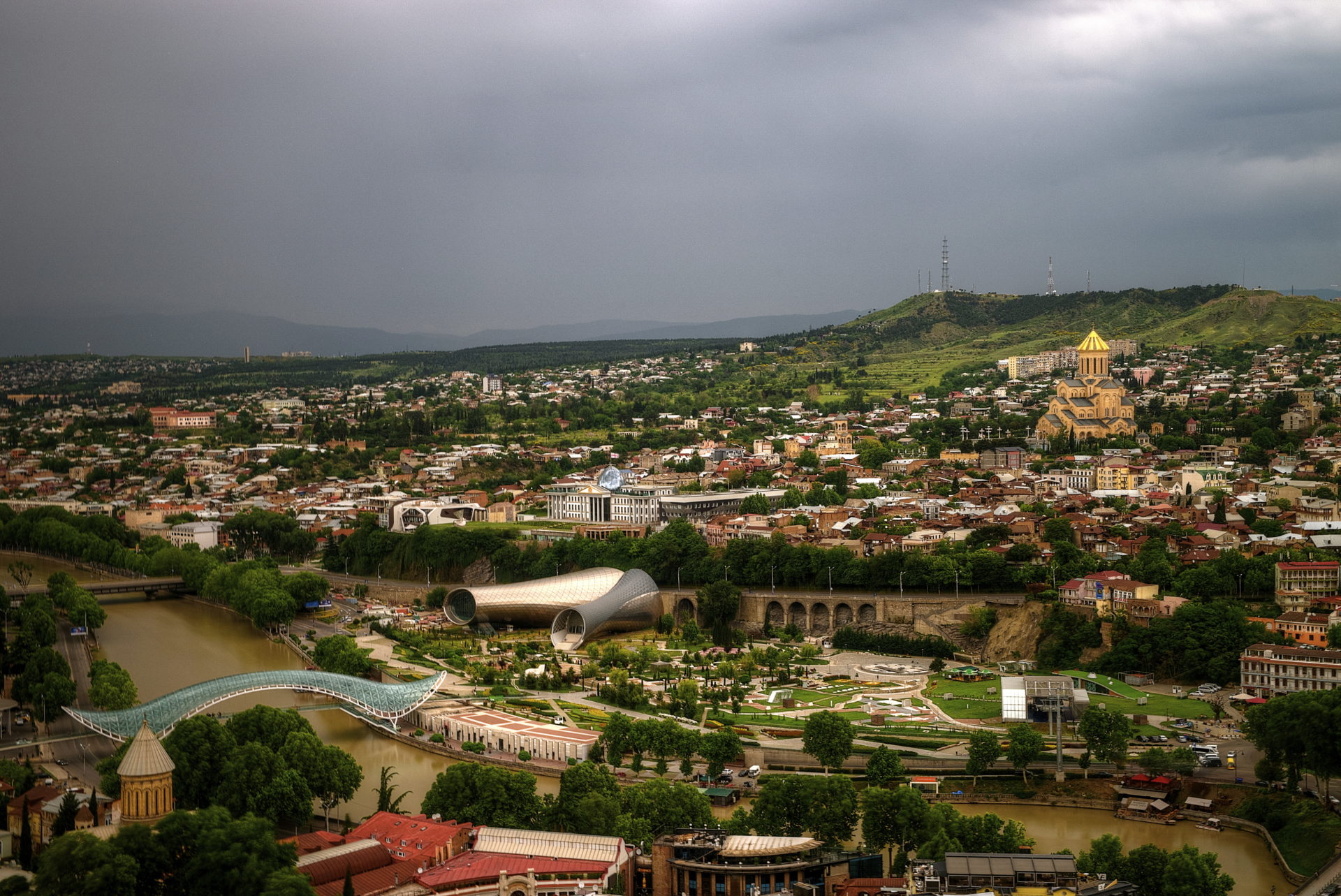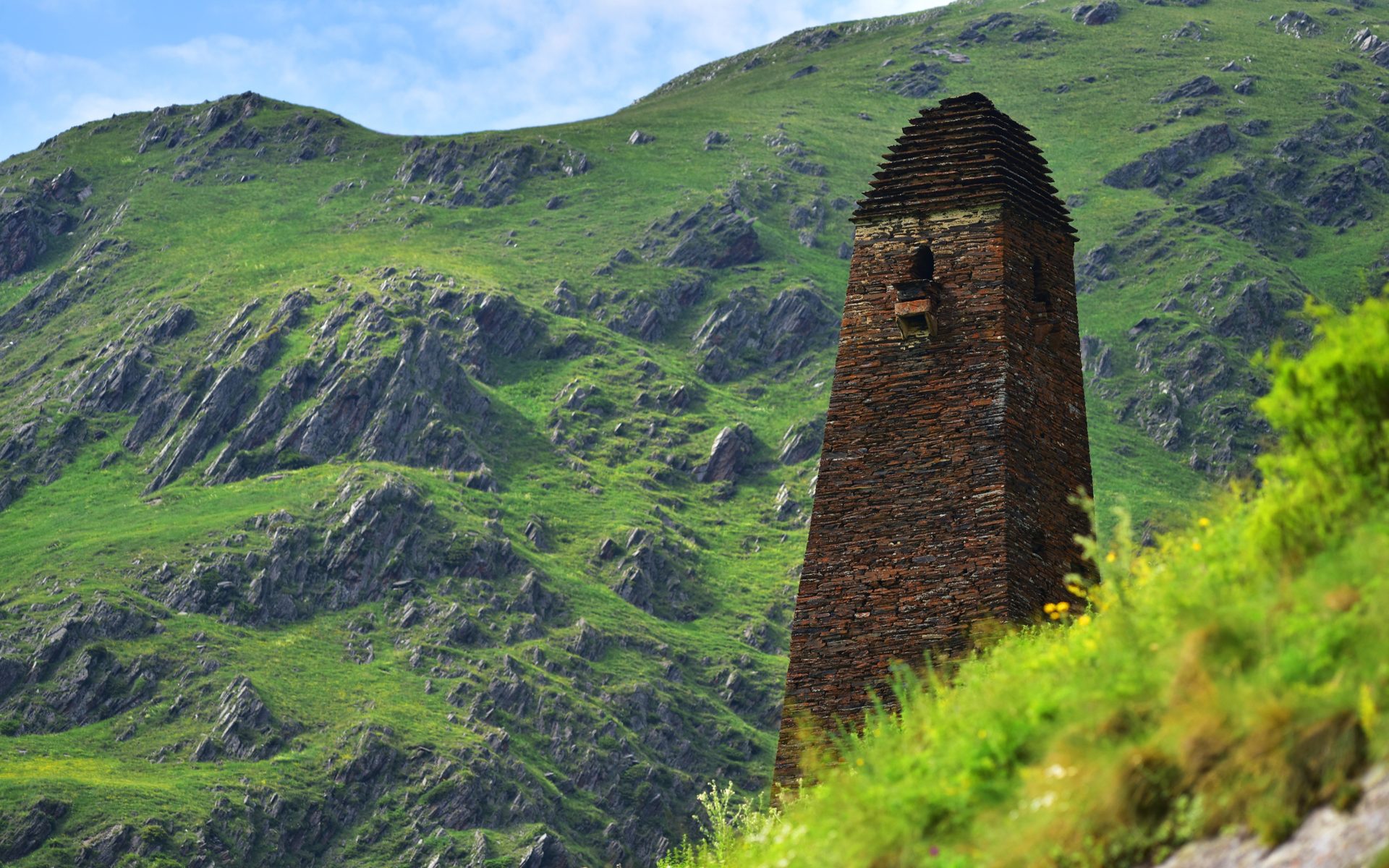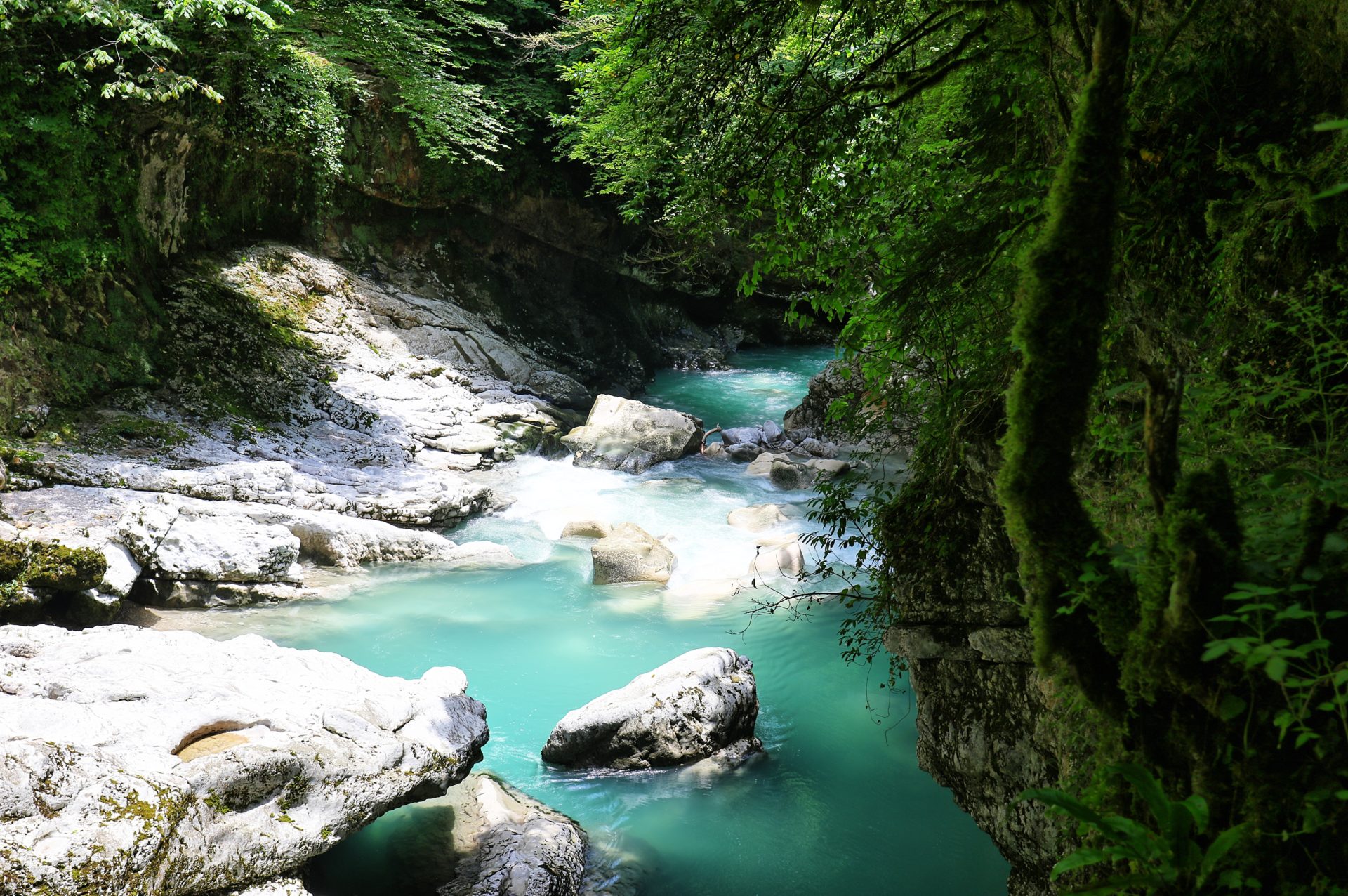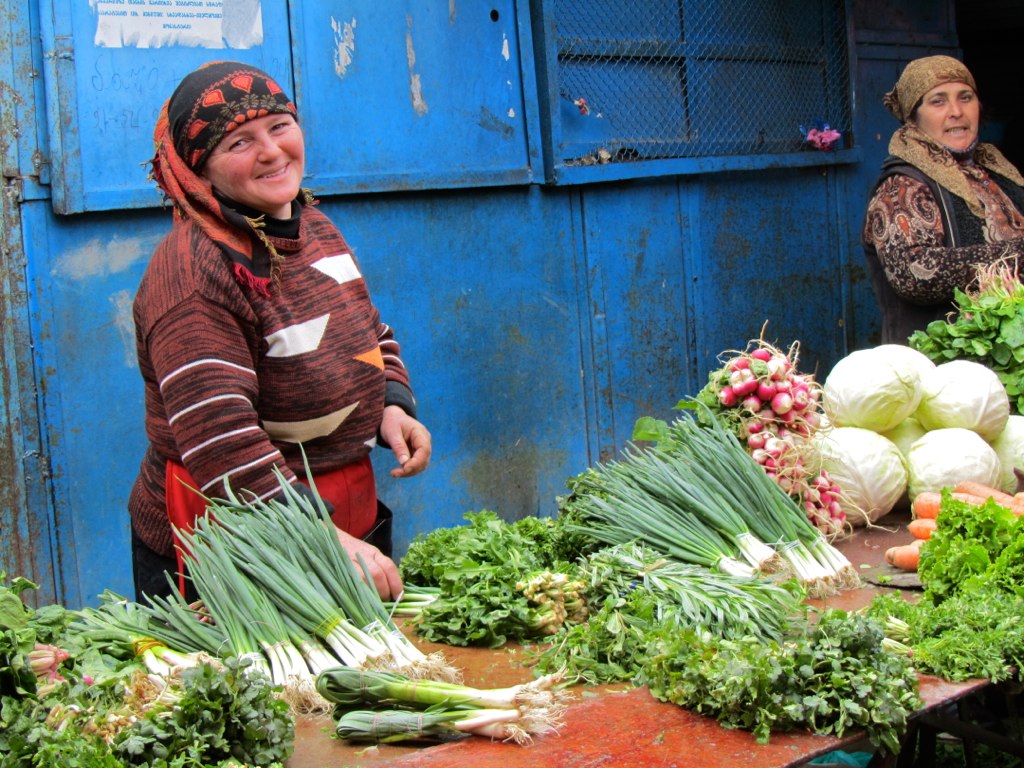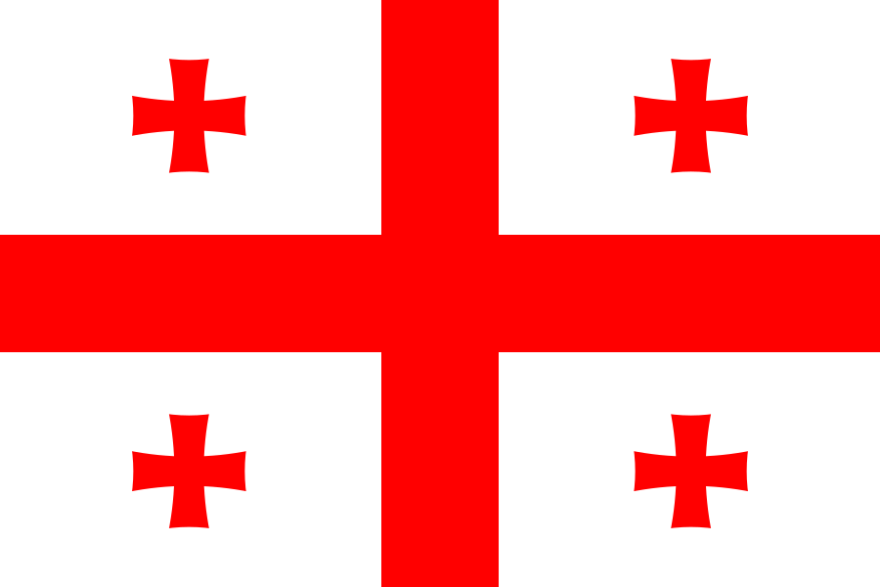
Georgia
- Governance: Republic
- Capital: Tbilisi
- Population: 4.2 millions
- Religion: Christianity, ten per cent muslims
- Language: Georgian
- Location: Eastern Europe
- Democracy index: Partially free, 64/100
Georgia is located in between high mountain ranges in Caucasus, east of the Black Sea; old churches, castles and ruins of cities are built into the clips and are traces of past civilizations in a country that Knut Hamsun called Æventyrland (fairyland). Fairy is also the hospitality and the speaks of cheers that meets visitors. Georgia has an excellent kitchen in addition to ancient wine-traditions.
Georgia is one of the former Soviet republics that has made great progress in the direction of becoming a democracy with respect for human rights. The freedom of speech was never gagged completely. Civil society has also shown strength and has taken to the streets in order to fight against abuse of power.
Georgia today
The Georgian democracy is characterized with weak institutions and corruption. The so-called Rose Revolution in 2003 functioned as a turning point. The charismatic politician Mikheil Saakashvili leaded a popular rebellion against election fraud. Saakashvili later became president and stood up against criminal groups and started to develop strengthened institutions.
However, Saakashvili gathered more and more power in his own hands. He built an authoritarian state where the president gained control over both parliament and court. The governing party also practiced extensive blackmail of Georgian businesses. Saakashvili gradually became so unpopular that he lost power in the 2012 election. This was Georgia’s first peaceful change of power and made the billionaire, Bidzina Ivanishvili, prime minister in a parliamentary democracy.
Ivanishvili is still leader of the ruling party and the dominant character in Georgian politics. The current human rights issues are tied to an inefficient justice system, the governing party’s influence over elections, an increasing intolerance against religious and sexual minorities, in addition to coarse abuses such as murder and detention in the Georgian regions under Russian control.
NHC
The Norwegian Helsinki Committee (NHC) has been engaged in Georgia since our first election observation in 1995. The wars in Caucasus has taken over hundred thousand lives. Impunity has been a main force in the conflicts.
NHC documented that there has been no real investigation in neither Georgia nor Russia after mapping out crimes of war in 2008. This caused the International Criminal Court (ICC) to open an investigation in Georgia in 2016. This was the first time ICC investigated a country outside of Africa. The investigation can potentially change the ground rules and raise the threshold for going to war in the uneasy Caucasus-region.
NHC cooperates with several local organisations and institutions, and Human Rights Center has been our main partner since 2006. NHC was also represented in the international council of The Public Defender’s Office, which is Georgia’s national institution for human rights, from 2013 until 2017. NHC has also cooperated with local LGBTI-groups since 2015.
History
Georgia was incorporated into the Russian regime in 1795. As an interlude, Georgia was an independent state after the 1917 revolution, until the Red Army again possessed the country and made it part of the Soviet Union. Some of the Soviet Union’s most famous and feared leaders, such as Stalin and Lavrentiy Beria, were Georgian. In the nineteen eighties, however, the need for independence again resurrected – led by the Georgian Helsinki Committee’s leader, Zviad Gamsakhurdia. He later became the first president of Georgia.
After Georgia’s independence in 1991, the economy collapsed, and the purchasing power of the population dropped about ninety per cent. In addition, nationalistic, paramilitary groups tied to the mafia trampled into the streets. In the background, a potential conflict with Russia lured as Russian troops still remained in the country.
This resulted in a number of bloody and armed conflicts. The coast-region, Abkhazia and the mountain-region, South Ossetia, detached from Georgia with Russian help. Hundreds of thousands escaped from ethnic cleansing. A new war in 2008 fortified Russia’s control over the two regions, even though, according to international law, the regions still belonged to Georgia.
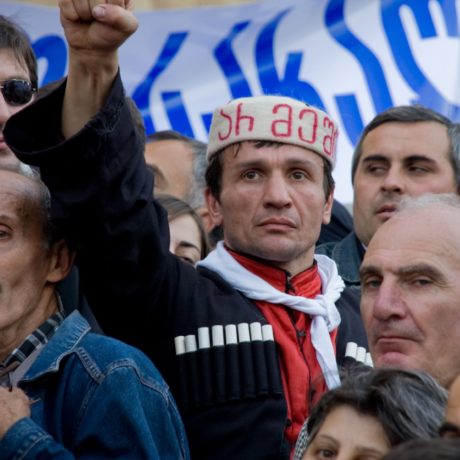
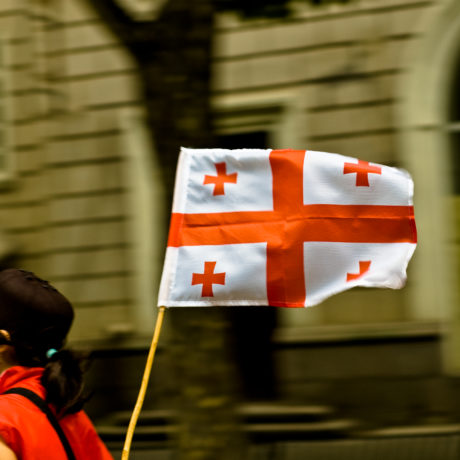
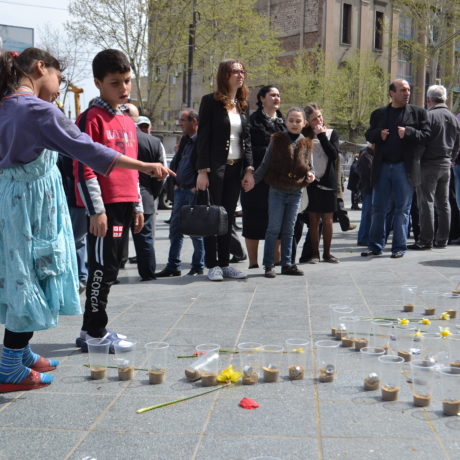
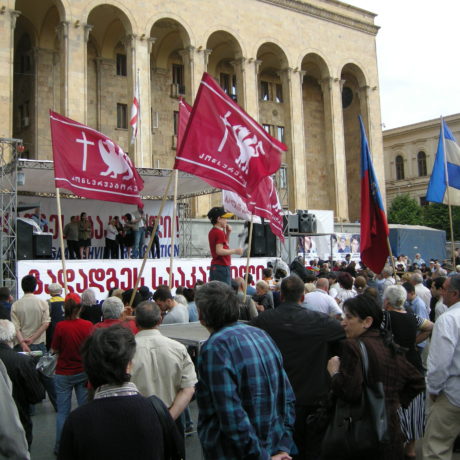
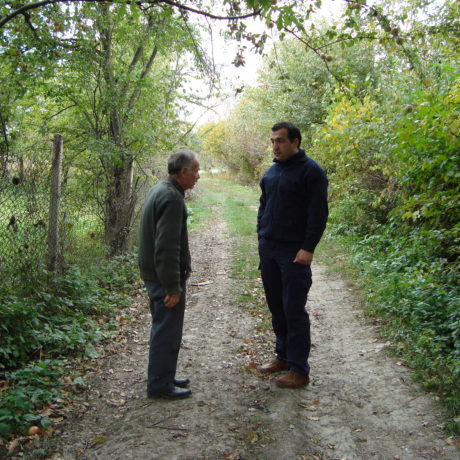
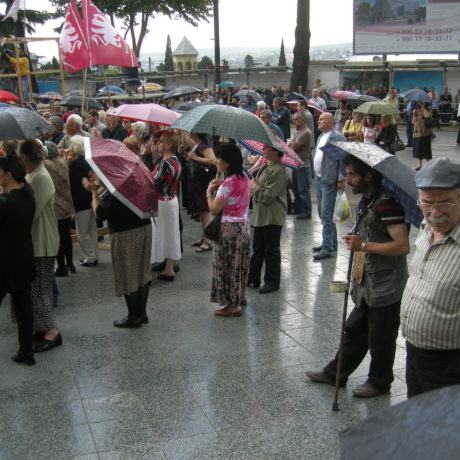
Timeline:
- 1795: Incorporated into the Russian regime.
- 1921: Becomes a part of the Soviet Union
- 1991: Independence and financial collapse
- 1991-1993: Civil war, armed ethnic conflicts in Abkhazia and South Ossetia
- 2003: The Rose Revolution and democratic reforms
- 2008: War between Georgia and Russia about South Ossetia
- 2012: The first peaceful shift of power
- 2016: The International Criminal Court (ICC) opens investigation
- 2018: Presidential elections in October


